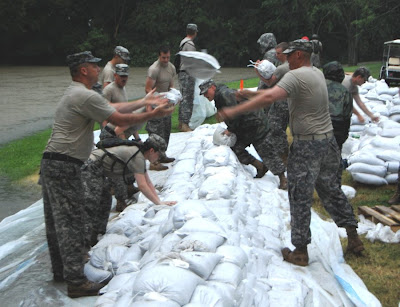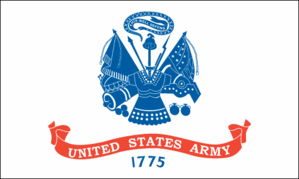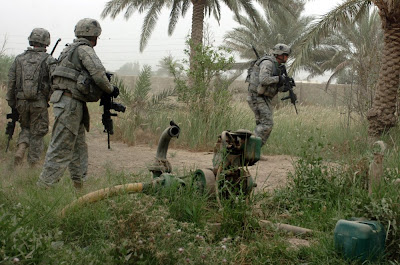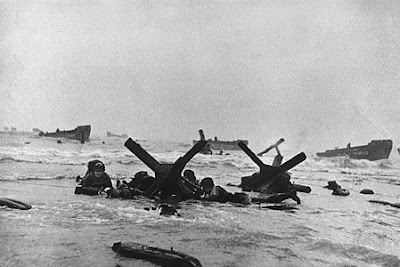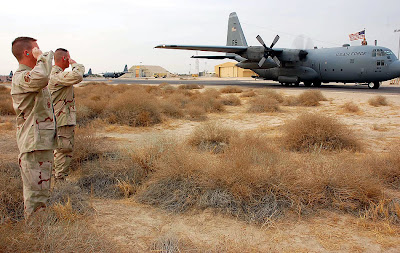"We feared the Americans would leave, that the airlift would be too much of a hardship. They could have hated us Germans, but they didn’t. They performed their mission, and some even gave their lives just to feed us."
-
Traute Grier, 76, former citizen of Berlin.
My first of many trips to West Berlin was in 1982. Although that is a relatively short time ago – and even longer between then and the end of WWII - today it is difficult to imagine the complex set of regulations governing travel to Berlin still in place at that time.
Lufthansa, the German national airline, was prohibited from flying to Berlin. If you flew from the US to Germany on Lufthansa, you needed to change airlines in order to continue on to Berlin.
Travel by car was accompanied by (mostly) peaceful forms of harassment intended to test the will of travelers – and the willingness of businesses to operate in the city. The waiting time at the borders regularly stretched into several hours. Driving speed in the DDR was strictly controlled at 110kph through entry and exit time stamps. If you arrived at the Berlin border too soon, you’d driven too fast. If you arrived too late, well, that opened up an interrogation about what you’d been doing all that time inside the DDR. If your passport photo showed you wearing glasses, then you’d better be wearing them when the DDR border guards examined you and your documents.
Although West German citizens were allowed to travel freely between West Germany and West Berlin, West Berliners and their families were only permitted a limited number of trips to West Germany annually.
West Berliners I knew used to joke about how if anything happened between the superpowers, "you could just hang a big POW sign on the wall." They were acutely aware of the symbolic role they played as citizens of the free, yet captive, city.
But it could have been far worse, considering how it all started. On June 12, 1948 the Soviet Union closed the main highway between West Germany and West Berlin for “repairs”. During the following weeks, roads were closed between the Berlin sectors, barge transportation was halted, and rail traffic was stopped – all ostensibly based upon various “technical” difficulties.
Then, the Soviets announced that they would not supply food to the now-isolated Allied sectors of the city.
Over two million Berliners had enough fuel and food to last for about 5 weeks.
Although the Allies had occupation rights to their parts of Berlin, land passage rights were assumed but had never been explicitly negotiated. And because the Allies – unlike the Soviets – had already withdrawn most of their troops from Germany, victory through military action was unlikely.
The Cold War had begun.
General Lucius D. Clay, commander of the US occupying forces in Germany pushed for support of Berlin, knowing it had “become a symbol of American intent.” After discarding an idea to take the Soviet’s bluff by driving an armed supply convoy from West Germany, the Allies explored the option of using the allowed air corridors.
It was decided that unarmed aircraft would fly the route, in effect challenging the Soviets to shoot them down – or to back down.
There is so much more to this story. How the Berliners were offered food by the Soviets in return for changing "sides". Despite the incredible hardships they were enduring - including the threat of starvation - almost none did. In fact, thousands assisted in the operation.
How calculations were made to determine daily payloads (1534 tons), based on the number of calories per day each West Berliner needed to survive (1700). 3475 additional tons of coal and gasoline would be required daily.
At this point in time the USAF had two squadrons of C-47s capable of carrying 3.5 tons of cargo each. The RAF had a few more than the Americans.
The runway at Templehof airport needed to be repaired.
Weather conditions typical for Germany promised to make the entire airlift a nightmare.
But despite the odds, AF General Curtis LeMay maintained, “We can haul anything.”
And so on June 26, 1948, the Berlin Airlift commenced. Airmen from Australia, New Zealand, and South Africa participated alongside British and US Airmen. (The French declined to assist, not believing it would work, but joined in later after success was assured.)
There were some disasters. It was initially believed coal could be dropped from the air, saving precious landing time. But the coal pulverized upon impact and was rendered unusable.
On so-called Black Friday, July 30, 1948, poor visibility caused by bad weather resulted in a plane crash at the end of the Tempelhof runway. A domino effect ensued for the following aircraft, and the entire airport was closed for a day.
New rules were initiated: Each pilot had one shot at landing. If he missed it, he was required to turn around and return to West Germany to keep the airspace clear for the planes behind him. A complex set of air corridors was defined for inbound and outbound aircraft.
Originally expected to last for 3 weeks, the airlift officially lasted for 15 months. As winter set in an additional 6000 tons of fuel were supplied each day. It was the coldest winter in Germany for decades.
At the height of the Berlin Airlift a plane landed every 62 seconds. Over 2.3 million tons of supplies were provided on 278,228 flights totaling over 92 million miles.
The Soviet blockade was lifted on May 12, 1949.
The first battle of the Cold War had been won.
 The Berlin Airlift Memorial at Rhein-Main AB, inscribed with the names of the 39 British and 31 American Airmen who gave their lives during the operation. Similar memorials stand at Tempelhof airport and the former RAF base at Celle.
The Berlin Airlift Memorial at Rhein-Main AB, inscribed with the names of the 39 British and 31 American Airmen who gave their lives during the operation. Similar memorials stand at Tempelhof airport and the former RAF base at Celle.












